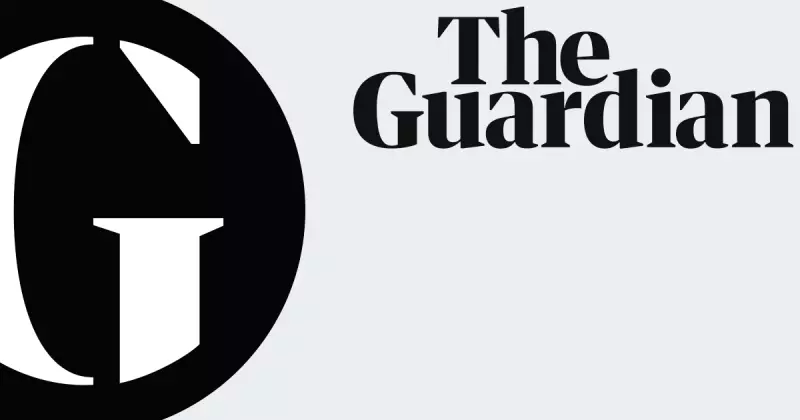
The world of academic publishing is facing an unprecedented crisis as artificial intelligence begins to flood prestigious journals with computer-generated research, while publishers report record-breaking profit margins that critics argue come at the expense of scientific progress.
The Rise of AI 'Slop' in Research
Scientific journals are increasingly contaminated by what experts are calling 'AI slop' - research papers generated by artificial intelligence that bypass traditional peer review processes. These synthetic studies, often indistinguishable from legitimate research to the untrained eye, are creating a credibility crisis across multiple disciplines.
One researcher described the situation as "watching the foundation of science crumble in real-time," with concerns that the sheer volume of AI-generated content could overwhelm the systems designed to maintain research quality.
Profit Over Progress?
Meanwhile, major publishing houses are reporting profit margins that dwarf those of tech giants and pharmaceutical companies, raising questions about whether commercial interests are overshadowing scientific advancement. The traditional model where researchers provide content and peer review services for free, only to pay exorbitant fees to access published work, is facing renewed scrutiny.
The Human Cost
Early-career scientists and researchers from developing countries are disproportionately affected, struggling to afford access to the very research they need to advance their work. This creates what one academic called "a two-tier system where knowledge becomes a luxury commodity rather than a public good."
A System at Breaking Point
The convergence of AI-generated content and profit-driven publishing models threatens to undermine public trust in science at a critical time. As climate change, pandemics, and other global challenges demand robust scientific solutions, the very infrastructure supporting research appears increasingly fragile.
Experts warn that without significant reform, the scientific publishing ecosystem could face collapse, potentially setting back research progress by decades and making it increasingly difficult to separate genuine breakthroughs from computer-generated fiction.




